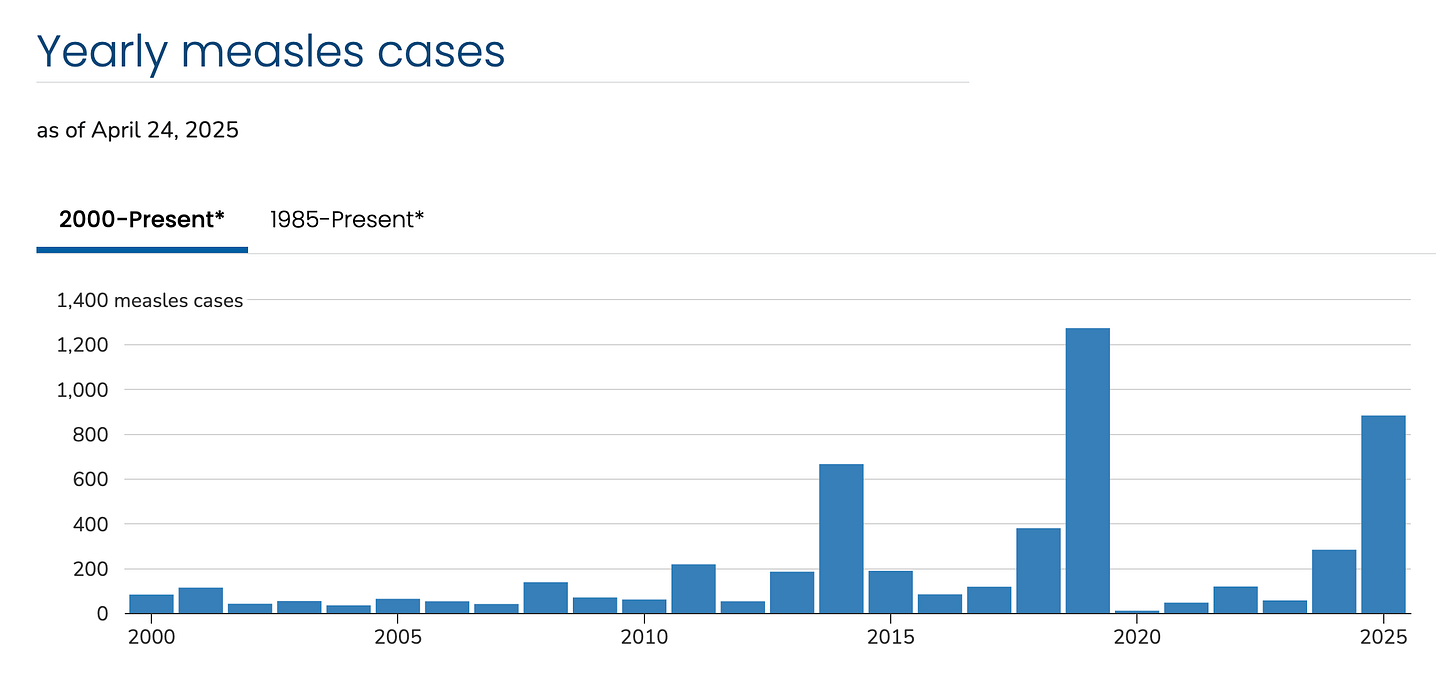Trump recession likely underway as businesses, consumers, investors reel
(Originally published April 30 in “What in the World“) The market may have recovered some ground this week, but Americans are increasingly worried.
With Trump backpedaling on his disastrous tariffs, the S&P500 has rallied more than 10% since April 8, where it fell after Trump unleashed his “reciprocal” tariffs. The benchmark stock index has nonetheless lost more than 7% of its value in Trump’s first 100 days in office, the worst presidential debut since the late former President Richard Nixon’s in 1973.
Why? U.S. President Donald Trump’s policies have thrown the U.S. economy into pure confusion:
- Companies are ripping up earnings forecasts,
- ports are bracing for idle cranes as tariffs on even small shipments send import prices skyrocketing, and
- retailers are warning that Christmas may find toy shelves empty as Trump’s tariffs keep Santa’s elves from stocking up at China’s factories.
- Job openings dropped in March to their lowest since September and
- Wall Street is warning the economy likely shrank in the first quarter.
- Trump is meanwhile undermining one of America’s leading exports, education, by assaulting the intellectual freedom and finances of its top universities.
- And even Trump’s cherished oil and gas industry (“drill, baby, drill”) is protesting his stipulation that they use U.S.-built ships for exporting at least 1% of their liquefied natural gas by 2029. Why? Not one of the ships they use is American-made.
The Conference Board said Tuesday its index of consumer confidence fell for a fifth consecutive month in April, to its lowest level in almost five years. The University of Michigan’s index of consumer sentiment for April also fell, with its index of consumers’ expectations for the future staging the steepest three-month decline since the 1990 recession.
Confidence is also plummeting among savvy investors, including a group of hedge fund managers who reportedly sought answers last week in a meeting with Trump’s chief economic advisor Stephen Miran. It did not go well.
Miran, regular readers may recall, is the economist whose research is being used as the intellectual fig leaf for whatever the White House calls its economic policy. For his sins, Miran now heads Trump’s Council of Economic Advisers. You know, the group that screwed up their own calculations for the reciprocal tariffs, essentially quadrupling them.
According to the Financial Times, Miran crumpled under sharp questioning after his presentation to investors, with his “incoherent” answers revealing that he was “out of his depth.”
Some U.S. consumers have less to be confident about than others, as Trump ramps up his campaign to oust those who are undocumented immigrants—and even some who are documented citizens. Trump on Monday signed two executive orders stepping up efforts to apprehend alleged illegal immigrants, including one that targets so-called “sanctuary cities” accused of resisting his administration’s violations against accused individuals’ Constitutionally guaranteed rights.
An international group of virologists, meanwhile, has warned Trump that he’s overlooking a more urgent peril: a potential bird flu pandemic. In an article for the Lancet Regional Health — Americas, The Global Virus Network said the U.S. needs to do more to combat an outbreak of H5N1 that has now spread to all 50 states. So far, bird flu has prompted the culling of chickens, been found in 1,000 dairy herds, infected at least 70 people and killed one.
It’s hard to focus on bird flu, though, when measles is making such an impressive comeback under Trump. Texas is now treating 663 cases of the highly contagious, airborne virus, which has now spread to at least seven other states. Thanks to widespread vaccination, measles was largely eradicated from the United States by 2000. But not globally. This year’s outbreak is on track to exceed the massive measles outbreak of 2019, when infection among unvaccinated travelers allowed the virus to spread at roughly the same time Covid-19 did.
